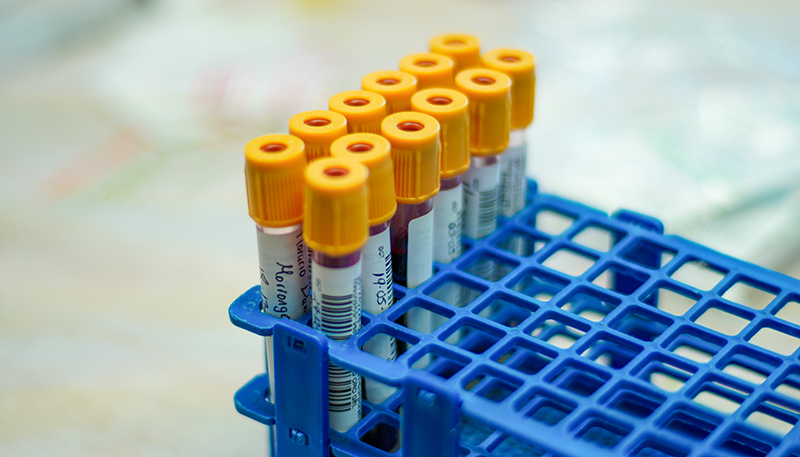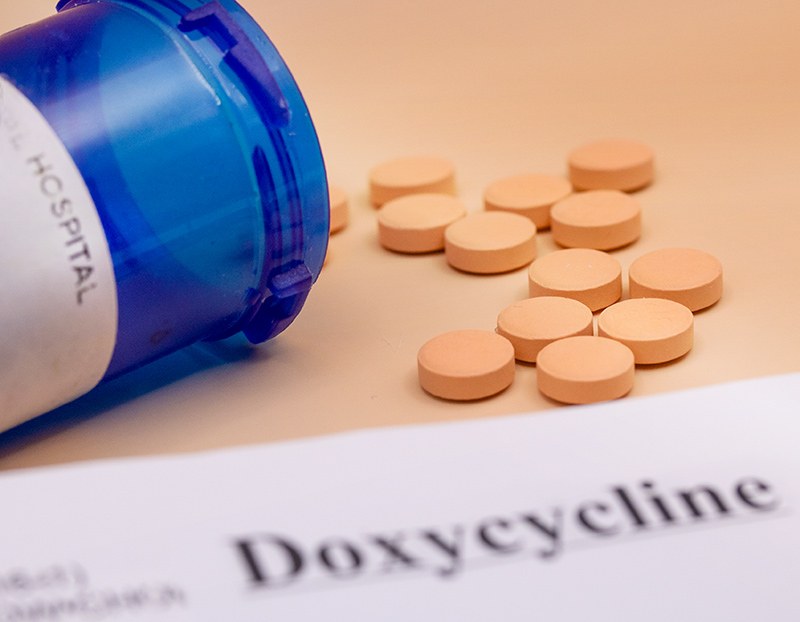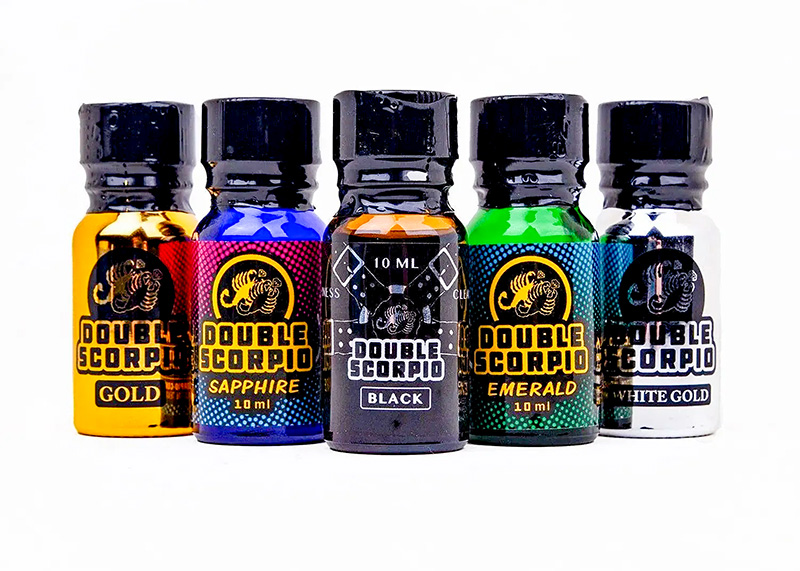Brazilian man ‘cured’ after intensive drug therapy puts HIV into remission
The man is in long-term HIV remission after a new drug combination, but scientists urge caution over results

Scientists are expressing optimism after a Brazilian man appears to have achieved a functional “cure” for HIV through a new drug therapy.
The 36-year-old patient, whose identity has been withheld to protect his privacy, has seemingly entered long-term remission after an intense drug regimen designed to find and purge dormant forms of the virus in his body, the Associated Press reports.
However, researchers are stressing that it isn’t a cure in the traditional sense, and that it may be a therapy reaction unique to this one specific person.
Dr. Ricardo Diaz, of the University of Sao Paulo in Brazil, presented the findings of the drug trial at annual medical conference AIDS 2020 this week.
The Brazilian man participated in a 2016 clinical trial which combined two newer antiretroviral drugs with nicotinamide, a form of vitamin B3. He received the intensive treatment for 48 weeks, and then resumed his normal antiretroviral treatment, which consisted of three standard antiretroviral drugs.
He stopped taking his antiretrovirals entirely in March 2019, and Diaz said the virus has failed to multiply as would be expected. Researchers tested for HIV antibodies — a sign that the immune system was fighting the virus — but found he had lost nearly all of them.
The man reportedly undertook an independent HIV test, which returned negative. He has been tested regularly since he ceased taking his antiretrovirals and continues to show no signs of infection.
“We can’t search the entire body, but by the best evidence, we do not have infected cells,” Diaz said. He added that the results are “very promising. This patient might be cured.”
The Brazilian man said he was “very moved because it’s something that millions of people want. It’s a gift of life, a second chance to live.”
However, scientists are cautioning that the results of the trial might be unique to this specific man. Four other patients treated with the same therapy did not enter long-term remission, nor did other participants of the 30-member study who received different treatments.
“These are exciting findings, but they’re very preliminary,” Dr. Monica Gandhi, an HIV expert at the University of California, San Francisco, told the New York Times. Gandhi noted that no drug “has worked so far in terms of long-term remission.”
“I’m not even sure this has worked,” she said. “It’s one patient, so I think we can’t say we can achieve remission this way.”
Dr. Steve Deeks, an HIV researcher at the University of California, San Francisco, told Science Magazine that the man’s remission was “remarkable,” but said the long-term success wasn’t definitive enough to brand it a “cure.”
“Interesting anecdotes have long driven the HIV cure field,” he said, “and they should be considered largely as hypothesis-generating observations that can simulate new areas of investigation.”
But Diaz said he was “optimistic” about the results.
“I’m always trying to be a little bit the devil’s advocate, but in this case, I’m optimistic,” he said. “Maybe this strategy is not good for everybody because it only worked in one out of five here. But maybe it did get rid of virus. I don’t know. I think this is a possibility.”
There are only two currently known cases of people being “cured” of HIV, and both occurred after bone marrow transplants to treat cancer.
Known as the London patient and Berlin patient respectively, Adam Castillejo and Timothy Ray Brown received transplants from patients with a rare mutation, Delta32, which grants a natural immunity to the virus.
Castillejo received his transplant last year, while Brown received his in 2007. Both men remain in remission.
The AIDS 2020 conference also highlighted the recent success in using PrEP injections every two months to prevent HIV infection, as opposed to daily pills.
As previously reported, GlaxoSmithKline stopped clinical trials of the injections early because they proved so effective at preventing transmission of HIV during sexual intercourse.
While PrEP in the form of a daily oral pill, also known as Truvada, is 99% effective at preventing transmission, GSK’s cabotegravir injections were 69% more effective than Truvada.
Last year, HIV experts said they were “optimistic” about the potential for a viable HIV vaccine as soon as 2021, amid a number of trials into potential vaccinations against the virus.
Prior to the outbreak of the COVID-19 pandemic, D.C.-based Whitman-Walker Health began seeking volunteers for a trial into an HIV vaccine, calling it “part of the next wave of critical research into ending the HIV epidemic,” and building on “Whitman-Walker’s deep history with investigating the safest and most effective means of treating and preventing HIV in partnership with the community.”
Related:
Trump suspends access to materials for research into HIV cure
Former California police officer claims he was fired because he’s gay and has HIV
NMAC’s Paul Kawata: “HIV has completely fallen off the radar”
Read more:
Halle Berry apologizes for considering trans role, says trans people should ‘tell their own stories’
Supreme Court’s birth control decision could negatively impact LGBTQ people
Support Metro Weekly’s Journalism
These are challenging times for news organizations. And yet it’s crucial we stay active and provide vital resources and information to both our local readers and the world. So won’t you please take a moment and consider supporting Metro Weekly with a membership? For as little as $5 a month, you can help ensure Metro Weekly magazine and MetroWeekly.com remain free, viable resources as we provide the best, most diverse, culturally-resonant LGBTQ coverage in both the D.C. region and around the world. Memberships come with exclusive perks and discounts, your own personal digital delivery of each week’s magazine (and an archive), access to our Member's Lounge when it launches this fall, and exclusive members-only items like Metro Weekly Membership Mugs and Tote Bags! Check out all our membership levels here and please join us today!
























You must be logged in to post a comment.